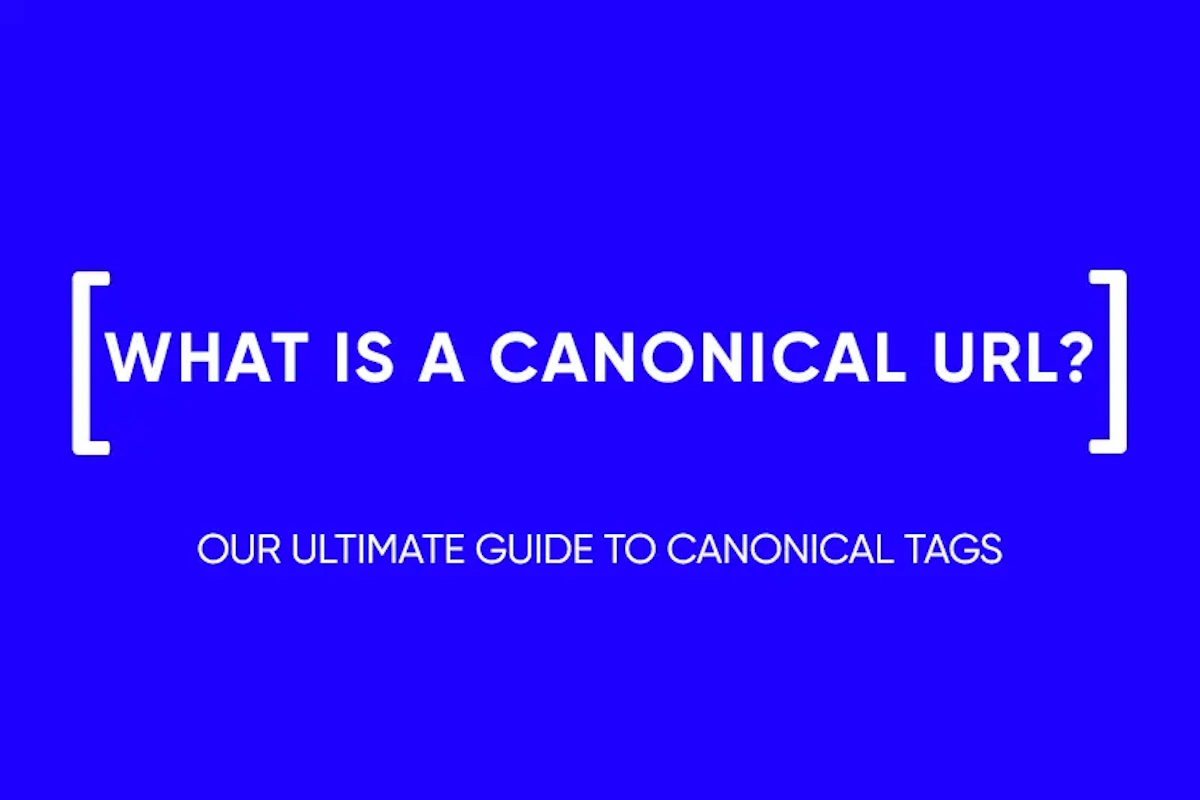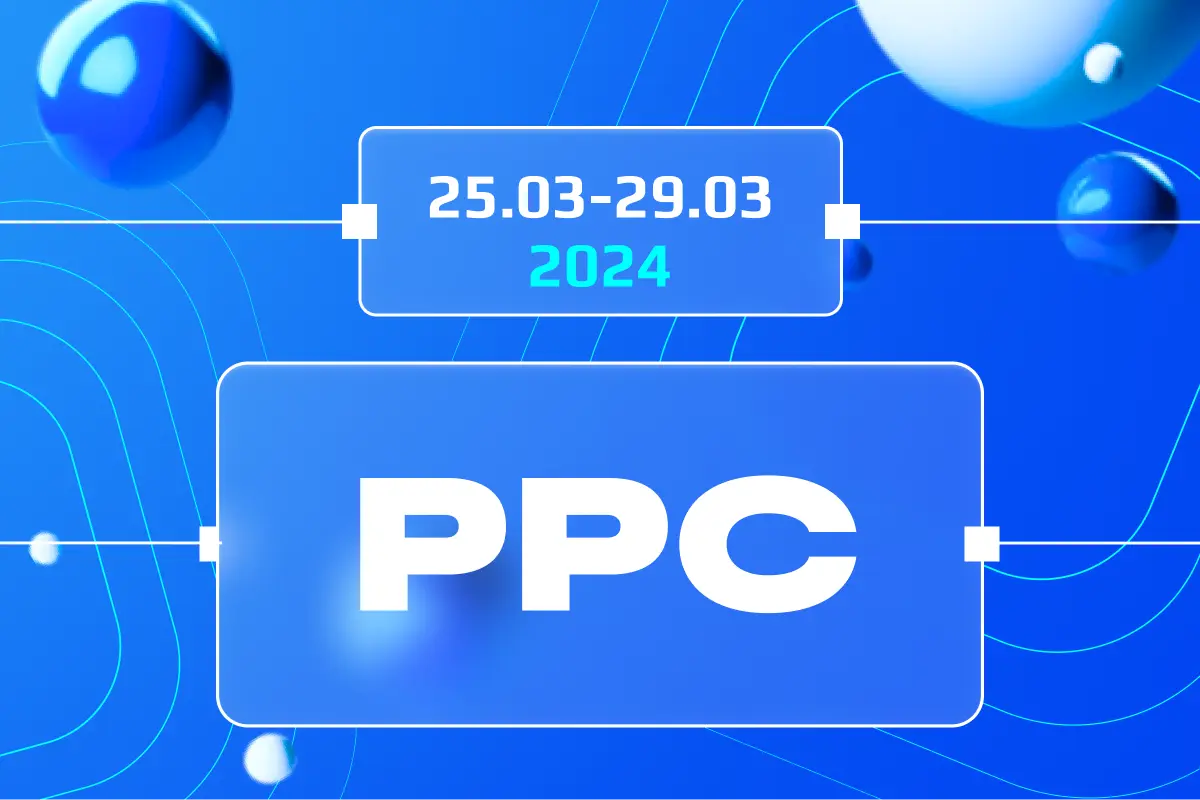Off-Page SEO: What It Is & Why You Need It
As an SEO expert and digital marketing enthusiast, I’ve witnessed firsthand the transformative impact of a well-executed off-page SEO strategy. Through this article, I aim to demystify the often-overlooked aspects of off-page SEO and share practical insights that can empower webmasters, marketers, and businesses to enhance their online presence and search engine rankings.
What is Off-Page SEO?
Off-Page SEO, distinct from on-site optimization techniques, involves a range of activities conducted outside the bounds of your website to improve its position in search engine rankings. These activities, essential in digital marketing, primarily focus on building a website’s reputation and authority in the digital realm. Unlike on-page SEO, which deals with the site’s content and structure, off-page SEO encompasses actions like link building, social media marketing, and influencing external web factors. The offsite approach is crucial because search engines like Google consider these external factors to assess a website’s value and relevance for users, impacting its visibility and ranking.
Why Is Off-Page SEO Important?
Improved Search Engine Rankings
A well-executed off-page SEO strategy significantly contributes to a website’s higher rankings in search engine results. This improvement is primarily due to the increased authority and trust garnered from other reputable sites linking back to your site. Search engines consider these backlinks as endorsements, assuming that the content is valuable, credible, and useful. Thus, a robust network of quality backlinks is essential for boosting search engine rankings.
Increase Website Visibility
Off-page SEO activities enhance the visibility of your site on the internet. By engaging in various offsite activities like social media marketing and content syndication, your website gains exposure to a broader audience. This increased visibility not only attracts more visitors but also elevates your brand’s presence online, making it more recognizable and accessible to potential customers.
Building Online Reputation
Online reputation management is an integral part of off-page SEO. It involves influencing and controlling your brand’s reputation outside your website. Positive mentions of your brand on other websites, forums, and social media platforms contribute to building a strong online reputation. This process is pivotal as it directly affects users’ perception and trust in your brand, thereby influencing their decision-making.
Enhanced User Engagement
Off-page SEO tactics, such as engaging with audiences on social media platforms or through guest blogging, foster greater user engagement. By reaching out to your audience where they are active, you create opportunities for interaction and engagement. This increased engagement not only aids in building a loyal user base but also amplifies your content’s reach, leading to better recognition and higher search engine rankings.
In conclusion, off-page SEO is a multifaceted aspect of digital marketing that goes beyond the website to improve search engine rankings, increase visibility, build a positive online reputation, and enhance user engagement. Its significance in an effective SEO strategy is undeniable and should be executed with as much rigor and planning as on-page SEO.
On-Page SEO vs. Off-Page SEO
Understanding the difference between on-page and off-page SEO is crucial for an effective optimization strategy.
On-Page SEO
On-page SEO refers to all the techniques used directly within your website to improve its position in the search rankings. This includes aspects like optimizing your content, improving meta descriptions and title tags, ensuring site performance and mobile-friendliness, and internal linking. These elements help search engines understand the content and structure of your site, determining how relevant and user-friendly it is for specific search queries.
Off-Page SEO
Off-page SEO, in contrast, involves all the strategies employed outside your website to impact your site’s ranking within search engine results pages (SERPs). It primarily focuses on building the site’s reputation and authority through backlinks, social media efforts, guest blogging, and influencer marketing. Off-page SEO is about enhancing the perception of users and search engines about your site’s importance, popularity, and relevance.
5 Off-Page SEO Techniques That Work
1. Link Building
Authority
Link building is a fundamental off-page SEO technique where the focus is on getting other reputable websites to link back to your site. The key here is “authority.” Links from authoritative and trusted websites (like established media outlets or industry leaders) carry more weight. These high-quality links signal to search engines that your website is a credible source of information, thus improving your site’s authority and search rankings.
Unique Domains
Another critical aspect of link building is acquiring backlinks from a wide range of unique domains. The diversity of your backlink profile is essential; it’s more beneficial to have a smaller number of quality links from different authoritative domains than numerous links from the same domain. This diversity indicates to search engines that various sources recognize the value of your content, thereby boosting your site’s credibility and ranking.
How to Avoid Google Penalties for Unnatural Links
1. Create Content and Optimize for the Users First
The foremost step in avoiding Google penalties is to ensure that your content is created primarily for users, not search engines. This means producing high-quality, informative, and engaging content that naturally attracts backlinks. The focus should be on adding value to your audience, ensuring that any links to your site come as a result of genuine interest and relevance, not manipulative tactics.
2. Diversify Anchor Texts
When building backlinks, it’s crucial to use a variety of anchor texts. Overusing exact-match anchor texts can be a red flag for Google, potentially indicating manipulative link-building practices. Instead, use a natural and diverse range of anchor texts that reflect the content of your site or the context in which the link is placed. This diversity helps maintain a natural link profile, reducing the risk of penalties.
Broken Link Building
Broken link building is an effective off-page SEO technique that involves identifying broken links on other websites and suggesting your content as a replacement. This approach not only aids in acquiring valuable backlinks but also helps webmasters improve their own site’s user experience by eliminating dead links. It’s a win-win situation where you can build relationships with other site owners and gain backlinks in an ethical manner.
2. Content Marketing
PR (Public Relations)
Public Relations (PR) plays a significant role in off-page SEO through content marketing. By leveraging PR strategies, you can generate media coverage and online buzz around your brand or website. This exposure often leads to high-quality backlinks from news sites and industry publications, enhancing your site’s authority and visibility in search engines.
Social Media
Social media platforms are instrumental in amplifying your content’s reach and driving traffic to your website. By actively engaging on social media, sharing valuable content, and interacting with your audience, you can increase your online presence. This, in turn, can lead to more shares, mentions, and potentially backlinks, contributing to your off-page SEO efforts. Although social media links are typically “nofollow” and do not directly influence rankings, the visibility and engagement they bring are invaluable for driving organic traffic and boosting your site’s perceived value.
Influencer Marketing
Influencer marketing is a powerful off-page SEO strategy where businesses collaborate with influential people in their industry to create and promote content. Influencers, with their large and engaged followings, can significantly amplify your content’s reach. When they share your content or mention your brand, it not only increases visibility but can also lead to valuable backlinks and an enhanced online presence. The key is to partner with influencers whose audiences align with your target market, ensuring relevance and effectiveness.
Guest Posting
Guest posting is about writing and publishing content on other reputable websites. This technique not only allows you to reach a wider audience but also helps in building high-quality backlinks to your site. When choosing platforms for guest posting, prioritize those with high domain authority and relevance to your industry. This ensures that the backlinks you gain are valuable and contribute positively to your site’s SEO.
Podcasts
Participating in or hosting podcasts is an increasingly popular way to enhance off-page SEO. Podcasts allow you to tap into new audiences, share expertise, and discuss industry trends. When your website is mentioned in a podcast, it can lead to increased traffic and backlinks, especially if the podcast is well-received and widely shared.
Content Syndication
Content syndication involves republishing your content on other websites, platforms, or publications. This can significantly extend the reach of your content, attracting a broader audience. The key is to syndicate your content to reputable sites that can drive quality traffic back to your site. While syndication doesn’t always result in direct backlinks, the increased exposure can indirectly boost your off-page SEO efforts.
Forums
Engaging in forums related to your industry can be a beneficial off-page SEO activity. By participating in discussions, answering questions, and sharing insights, you can establish authority and thought leadership in your field. While direct promotion or link placement in forums should be done sparingly and tactfully, helpful and informative contributions can lead to increased brand recognition and traffic to your site.
3. Local SEO
Google Business Profile (GBP)
For businesses with a physical location or a local audience, optimizing your Google Business Profile (formerly Google My Business) is a critical component of off-page SEO. A well-optimized GBP helps in appearing in local search results and Google Maps, making it easier for local customers to find and contact you. This includes accurately listing your business details, such as name, address, phone number, and hours of operation, as well as managing customer reviews and adding photos. Regularly updating your GBP can improve your local search visibility and drive more foot traffic to your physical location.
NAP Citations
NAP citations, referring to the mentions of your business’s Name, Address, and Phone number across the web, are a crucial factor in local SEO. Consistent NAP citations across various directories, websites, and social platforms enhance your business’s credibility and visibility in local search results. It’s important to ensure that your business information is consistent and accurate across all platforms to optimize local search performance and help potential customers find accurate information about your business.
4. Reviews
Online reviews play a pivotal role in off-page SEO, especially for local businesses. Positive reviews on platforms like Google, Yelp, and industry-specific review sites can significantly enhance your business’s reputation and search engine rankings. Encouraging satisfied customers to leave reviews, responding to reviews (both positive and negative), and managing your online reputation effectively are key strategies in leveraging reviews for SEO benefits. The authenticity and quality of reviews are crucial as they influence potential customers’ perceptions and decision-making processes.
5. Events
Organizing and promoting events can be an effective off-page SEO strategy. Events, whether online webinars, community gatherings, or industry conferences, provide opportunities to generate buzz and create content that can be shared across various platforms. Promoting these events through press releases, social media, and event listing websites not only increases visibility but can also result in backlinks and mentions from attendees and industry influencers. Additionally, events foster community engagement and brand loyalty, contributing to a stronger online presence.
Conclusion
Off-page SEO is an indispensable part of any comprehensive SEO strategy. It extends beyond the boundaries of your website, involving techniques like link building, content marketing, local SEO, managing reviews, and organizing events. These tactics help in building your site’s authority, improving search engine rankings, and enhancing online visibility and reputation. While off-page SEO can be challenging and time-consuming, its impact on your overall digital marketing efforts is profound. A balanced approach, combining both on-page and off-page SEO, is essential for achieving the best results in today’s competitive online landscape. Remember, the ultimate goal of off-page SEO is to build a strong, credible online presence that resonates with both search engines and your target audience.
and stay up-to-date with the latest news about our platform and affiliate marketing.




